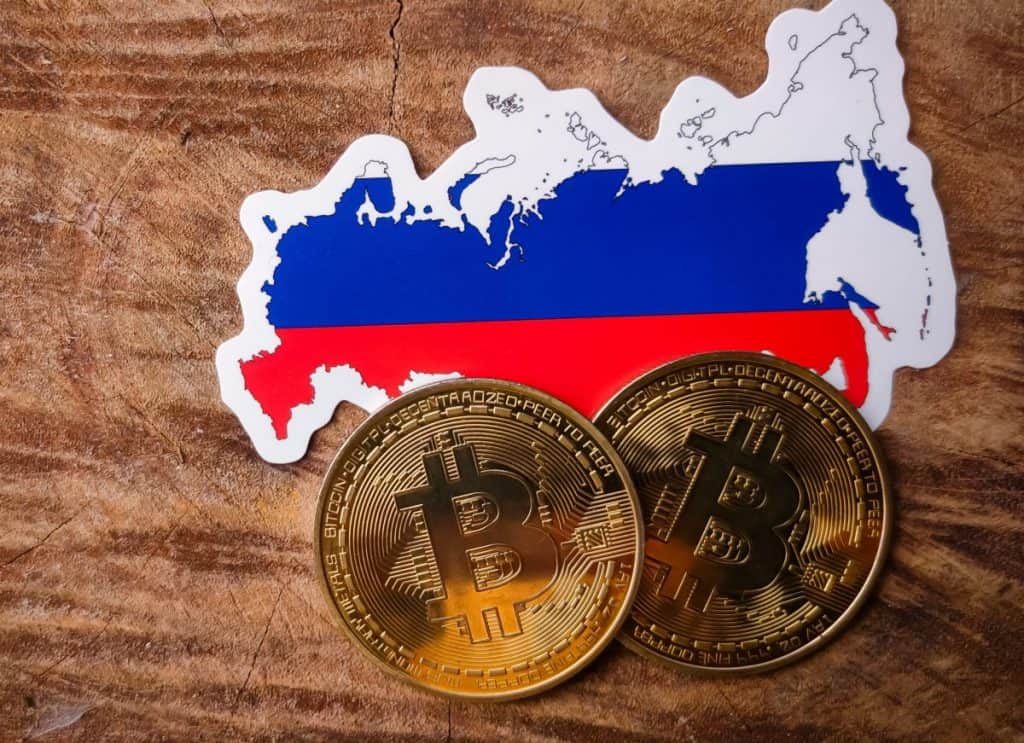Russia’s Sberbank provides a crypto solution for customers affected by Ukraine-related sanctions


Due to the ongoing conflict in Ukraine, Russia faces numerous sanctions. These include the disconnection of SWIFT – The Society for Worldwide Interbank Financial Telecommunication, which permits users to execute financial transactions and payments worldwide. Russian credit and debit cards are also no longer accepted in physical locations outside the country or online.
The United Nations says more than 10 million Russian citizens live abroad. Advanced users and companies turned to crypto exchanges once they could no longer execute international transfers.
However, most cryptocurrency exchanges also started applying special restrictions for Russian users. In March this year, Coinbase blocked more than 25,000 accounts of Russian residents. The platform claimed to only freeze accounts that exceed $10,000. Even so, on May 31 Coinbase also blocked the accounts that did not possess this amount.
Additionally, the Ukrainian crypto exchange Qmall also blocked the accounts of Russian and Byelorussian residents. The platform also froze the users’ assets.
The largest cryptocurrency exchange platform, Binance, restricted access for residents of Russia who possess over €10,000. Nevertheless, such users can withdraw their deposits from the platform.
England-based exchange EXMO has opted for the creation of a separate platform aimed at Russia-, Byelorussia-, and Kazakhstan-based users.
South Korean cryptocurrency exchanges Upbit, Bithumb, and Korbit, which initially blocked access for Russian residents, eventually decided to support them by providing access to the platforms.
Notably, most crypto exchanges have blocked single individuals that apply to the sanctions list. Among these are Russian government officials, their family members, and wealthy business leaders. Several platforms also ask users to provide information on the origin of incoming funds and details of outgoing transactions.
However, Russia seems to have found a solution. Despite the skepticism over cryptocurrencies, in 2020, the government adopted a law that allows licensed companies to issue digital assets. For instance, in February this year, the Bank of Russia approved Swiss company Atomyze as a digital asset operator.
In 2019 Russia’s dominant lender Sberbank launched its subsidiary SberFactoring, a smart contract-based blockchain platform. In March, the company obtained the license that permits issuing digital financial assets. On July 9, Sberbank issued its first digital asset. It was followed by a transaction of 1 billion roubles, which equals approximately $16 million. The company plans to issue cryptocurrencies and other digital assets, providing the feature to its corporate clients.
“We believe that our platform has good prospects since the digital format significantly speeds up and simplifies the process of issuing financial instruments and lowers the threshold for entering the market,” said Anatoly Popov, the Deputy Chairman of the board of Sberbank.
The second biggest lender in Russia, VTB, also stepped into the blockchain game. The company partnered with fintech startup Lighthouse and conducted the first cash-backed digital financial asset transaction on June 29.
Read related posts:
Disclaimer
In line with the Trust Project guidelines, please note that the information provided on this page is not intended to be and should not be interpreted as legal, tax, investment, financial, or any other form of advice. It is important to only invest what you can afford to lose and to seek independent financial advice if you have any doubts. For further information, we suggest referring to the terms and conditions as well as the help and support pages provided by the issuer or advertiser. MetaversePost is committed to accurate, unbiased reporting, but market conditions are subject to change without notice.
About The Author
Valeria is a reporter for Metaverse Post. She focuses on fundraises, AI, metaverse, digital fashion, NFTs, and everything web3-related. Valeria has a Master’s degree in Public Communications and is getting her second Major in International Business Management. She dedicates her free time to photography and fashion styling. At the age of 13, Valeria created her first fashion-focused blog, which developed her passion for journalism and style. She is based in northern Italy and often works remotely from different European cities. You can contact her at [email protected]
More articles

Valeria is a reporter for Metaverse Post. She focuses on fundraises, AI, metaverse, digital fashion, NFTs, and everything web3-related. Valeria has a Master’s degree in Public Communications and is getting her second Major in International Business Management. She dedicates her free time to photography and fashion styling. At the age of 13, Valeria created her first fashion-focused blog, which developed her passion for journalism and style. She is based in northern Italy and often works remotely from different European cities. You can contact her at [email protected]



















































